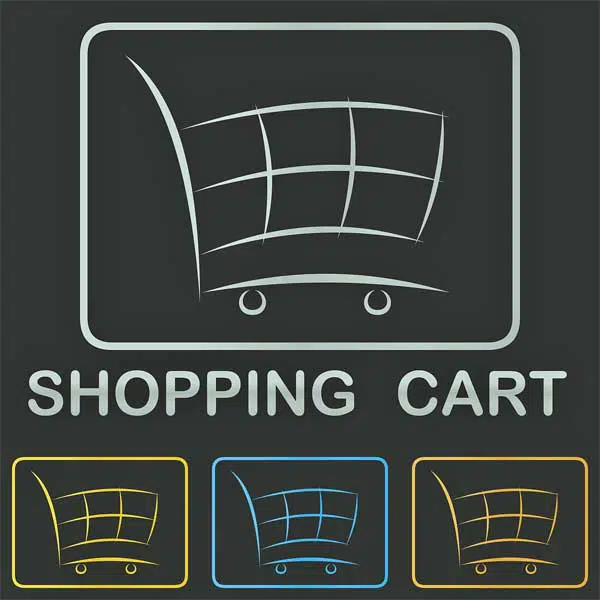The pandemic has lent momentum to a number of trends in digital payments, but one of the biggest is the buy now, pay later option. It shouldn’t be surprising, then, that providers of the service are now looking to sell the service to merchants of all sizes through the acquiring entities that call on retail sellers all the time—independent sales organizations. The latest such deal emerged Thursday with an announcement from QuickFee Group LLC that it has signed Los Angeles-based ISO Elite Merchant Solutions to market QuickFee’s BNPL offering.
Elite says it was seeking a BNPL option for its merchants in response to the rapidly rising popularity of the service, which lets consumers pay for purchases online or at the cash register with, typically, four equal installments at no interest over a six-week period. Consumers have flocked to BNPL in response to economic pressures brought on by the Covid-19 pandemic. QuickFee cites a July survey from the research firm McKinsey indicating 60% of consumers are likely to use BNPL or other point-of-sale financing options in the course of the next six to 12 months.
“Businesses frequently tell us they’re interested in BNPL due to customer demand, so after some consideration, we decided to go with QuickFee as the best option for meeting those needs,” Justin Milmeister, president of Elite, said in a statement.

QuickFee, a 12-year old firm based in Australia and the United States, lets consumers choose transactions they want to split into installments, with the total payment pre-authorized on a credit card. The merchant is paid in full. “BNPL boosts purchasing power and flexibility on the customer side at minimal cost to the business, which is why this option has seen dramatic adoption rates over the last few years,” notes Aubrey Amatelli, chief revenue officer at QuickFee, in a statement. Information was not immediately available regarding fees to the merchant.
While BNPL has established itself with chains and other larger merchants, ISOs could help bring BNPL to a much broader merchant base, including smaller sellers. These merchants typically rely on merchant-service providers to recommend payment services as well as hardware and software for payment acceptance.
One downside to lenders, however, is the threat of delinquencies on those installment payments. With an increasing array of firms offering the option, the typical BNPL user has deployed up to six different services, according to digital collection agency TrueAccord. The upside to this aspect of the business is that outstanding balances tend to be lower than on credit cards, while the repayment rate on delinquent loans at 30 days past due is 30% compared to 10.5% for credit cards, TrueAccord reports.
And the volume potential for ISOs and tech providers alike could be quite alluring. Speaking in October at the Money 20/20 exposition in Las Vegas, Rick Cunningham, senior vice president for strategy and business development at Alliance Data Systems Corp., estimated the market potential at $100 billion, with just $4 billion to $6 billion having been lent so far.





